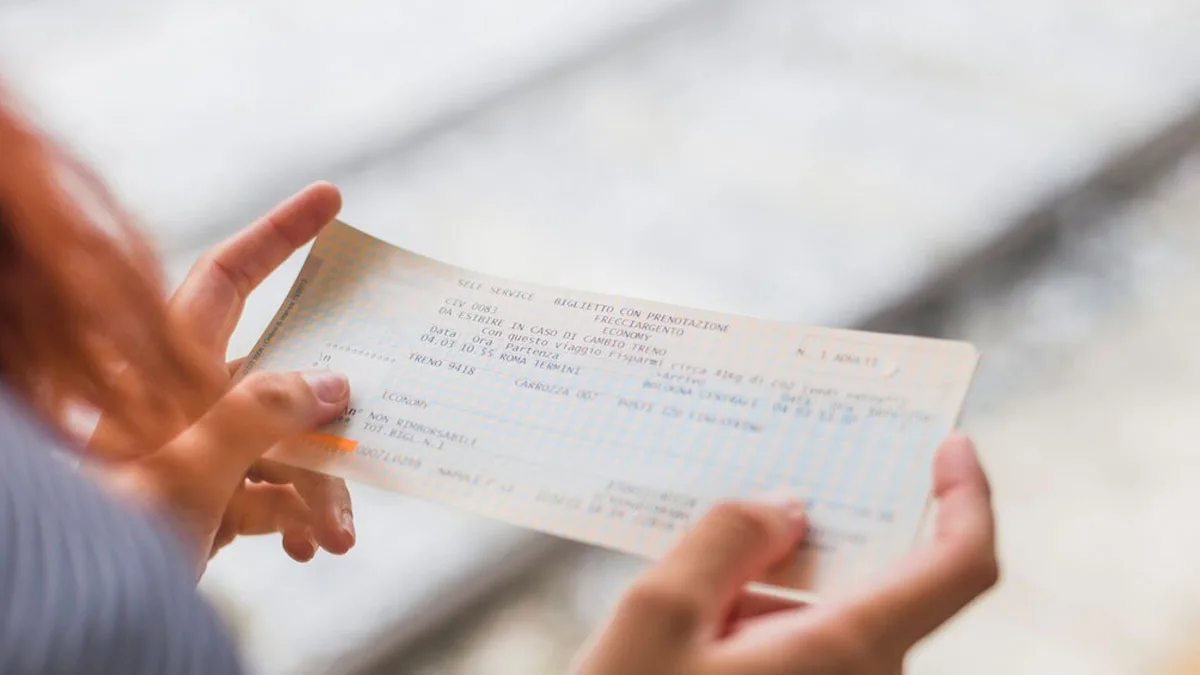A police welfare check, also known as a wellness check, is a service provided by law enforcement to check on the safety and well-being of a person. These checks are typically requested when someone is unable to reach a family member, friend, or acquaintance and there is concern for that person’s physical or mental health. This article provides an overview of what entails a police welfare check, the circumstances under which it can be requested, and how to request one.
Understanding Police Welfare Checks
Purpose
The primary purpose of a police welfare check is to ensure the safety and well-being of individuals who may be at risk of harm, unable to care for themselves, or are otherwise in potential danger. Welfare checks are conducted without the need for a warrant as they are considered a part of the police’s community caretaking functions.
When to Request a Welfare Check
Welfare checks are requested under a variety of circumstances, including but not limited to:
- Lack of Contact: When repeated attempts to contact someone who lives alone have failed.
- Visible Signs of Distress: When there are visible signs of distress or disruption at a person’s residence.
- Mental Health Concerns: When there is reason to believe someone might be experiencing a mental health crisis.
- Elderly or Vulnerable Individuals: When an elderly, disabled, or otherwise vulnerable person has not been seen or heard from in an unusually long time.
How to Request a Police Welfare Check
Contacting Local Law Enforcement
To request a welfare check, you should contact the non-emergency number of your local police department. It is important to use the non-emergency line to ensure that emergency services are available for immediate crises.
Information You Will Need to Provide
When requesting a welfare check, be prepared to provide the following information:
- The individual’s full name and address.
- Your relationship to the individual and your contact information.
- Reason for the welfare check, including any specific concerns you have.
- Any relevant medical conditions or potential risks the police should be aware of.
What to Expect
Once a welfare check is requested, police officers will visit the individual’s home to assess their condition and surroundings. Officers may knock on the door, attempt to make verbal contact, and, depending on the circumstances, may enter the home to ensure the individual’s safety.
Considerations and Limitations
Privacy and Legal Considerations
While welfare checks are intended to safeguard individuals, they also raise privacy concerns. Law enforcement officers must balance the need to check on an individual’s well-being with respect for their privacy and autonomy.
Follow-Up Actions
Depending on what officers find during a welfare check, they may take additional actions, such as contacting emergency medical services, providing resources for mental health support, or, in some cases, referring the matter to other social services.
Conclusion
Police welfare checks are a vital community service that can provide peace of mind when there are concerns about someone’s well-being. By understanding when and how to request a welfare check, individuals can help ensure that their loved ones receive attention and assistance when they may be unable to ask for it themselves.
References
- National Institute of Justice, “Police Response to Mental Health in the Community,” https://nij.ojp.gov/topics/articles/police-response-mental-health-community
- American Psychological Association, “Elderly and the Vulnerable,” https://www.apa.org/pi/aging/resources/guides/elder-abuse









Leave a Reply